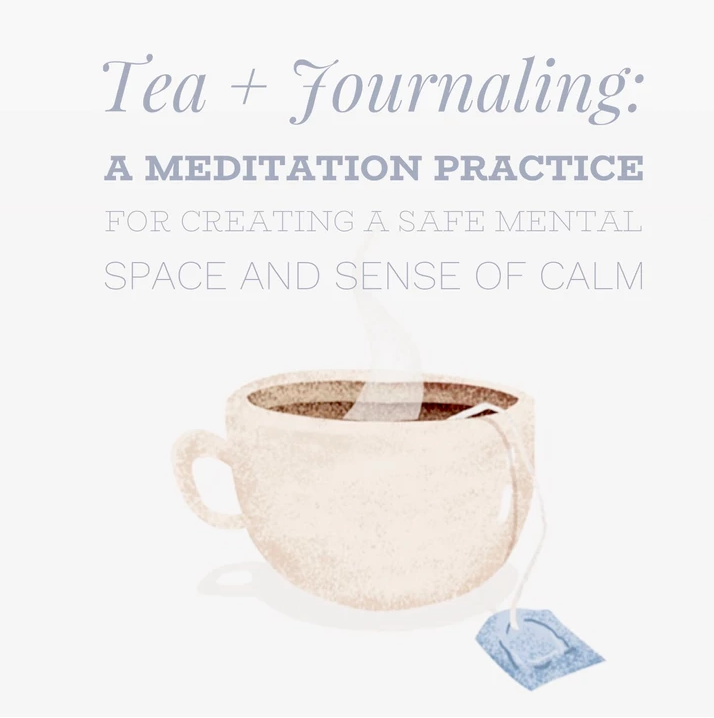There are many traditions of mediation and forms of mindfulness practice, but it can be said simply that all of them aim for helping us cope and eventually thrive in our constantly changing world.
Finding ways to bring relief to our increasingly heavier load is of critical importance. Why? Because if we do not, all of us – no matter our depth of experience – eventually become overwhelmed.
Trauma advocate and activist, Laura van Dernoot Lipsky, (author, Trauma Stewardship), writes in her newly released second book, The Age of Overwhelm –
“When outside circumstances dominate our internal ability to metabolize all that we are exposed to, we can become saturated. Physiologically. In our nervous system. Saturated. To move forward, maintaining balance, we must constantly be aware of how much we’re contending with externally.”
“…the inestimable value of having a regular, dedicated, contemplative practice – both so we can refrain from causing harm and so we can bring our most impeccable selves early and often – cannot be underestimated.”
This contemplative practice she speaks of is anything that comes with “less distraction, more intention.” It might be yoga or meditation. Nature walking. Being with animals or children. Cooking. It can also be tea.
Tea assists us in coming to a place of calm abiding through quiet, intuition-building means. It allows us to slow down, to pay attention, to still and soften our activity. It trains us to observe, react with greater patience, and feel our senses engage in real time. We learn to read certain bodily cues in a different, more informed way, such as how breathing changes from shallow to deeper, or how the heart rate gently increases or slows in tandem with our thought patterns. Through drinking tea mindfully, we train ourselves – body and mind – to become more unified.
At first, it might seem perhaps a little too simple, the act of just sitting and drinking tea in silence. What are you supposed to be doing? What do you think about? We’re not really trying to think about anything, actually; we’re also not actively pushing anything away. The idea is to explore, gently, anything that comes up and notice the effect it has on us. By “gently”, I mean that we do not let it take control over the stillness we are cultivating with our mind.
For example, going on a walk somewhere, you might notice some beautiful, vibrant flowers growing near someone’s hedge. The sunlight catches their colors just so, and their brightness brings you to smile. To gently acknowledge this new thing in your periphery is to gaze at them, take in what’s around them, and bring distinct awareness to a thought of, ‘These flowers make me smile.’ On the other hand, say you grab at the flowers without hesitating– plucking them from the ground as if they were yours, no thought whatsoever that someone else might miss them – and walk off with them in haste. This is not gently noticing.
This is the way to be with your thoughts as you sit with tea. Be friendly with them; don’t be afraid or annoyed by anything that comes up. And then, quietly so as to not disturb anything around them, just leave them be. Let them go. Tea comes into this practice because it’s a constantly changing object. One that you interact with directly.
How you breathe in the aroma, observe the unfolding and color change. How you notice the change in temperature as it comes down and becomes more like your own temperature. You notice how your body and mind shift as you sip the tea. Things relax, there’s more space. But even that moment is not the same just a few moments later. This is ok, because you’re actively teaching yourself that it’s ok. You are not chained to this idea that things must always be the same.
When combining tea meditation with journaling, we are able to take this work of de-saturating and releasing overwhelm a little deeper. At any tea meditation workshops at Move Therapy and Wellness, journaling is always private and very simple. No one shares notes. It’s just for your practice, as simply putting pen to paper in itself is a sensory release and helpful thread to pull on. It’s a simple, but powerful, medicine to treat, to manage and even to eliminate overwhelm.
To Register for our upcoming Tea Meditation + Journaling workshop led by Suzette Hammond, visit Classes and Workshops on our site or click here.
Suzette Hammond is the founder of Being Tea, a private education-focused practice offering professional training, workshops and project consulting for tea programs. A professional tea trainer and taster, she has traveled extensively as an educator for over 15 years. Suzette will be hosting a series of Tea Meditation classes at Move Therapy and Wellness. Suzette is also a trained journalist, a tea ceremony student, and is an advocate of tea for mental health, creating a program of study known as Tea Mindfulness Therapy, which includes workshops like Tea Meditation + Journaling. She is currently pursuing her 200-hour yoga teacher certification in psych-sensitive yoga through Room to Breathe, Chicago. Suzette is the 2018 World Tea Award recipient for Best Educator. You can find her at beingtea.com or on Instagram at @beingtea.
